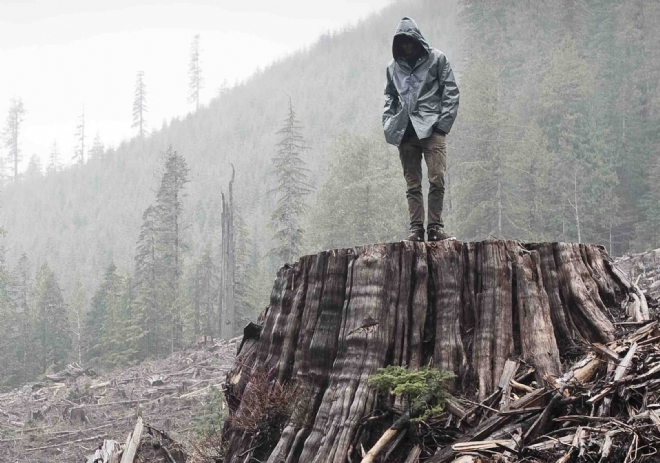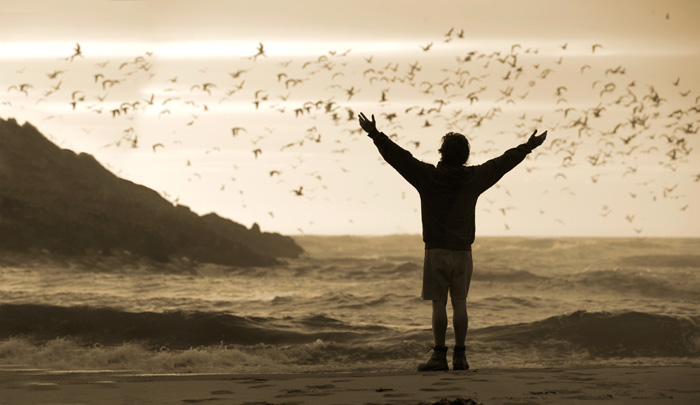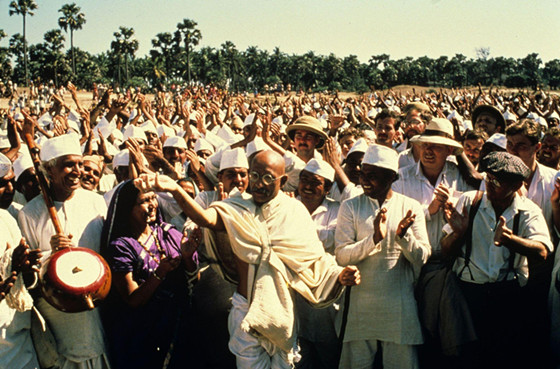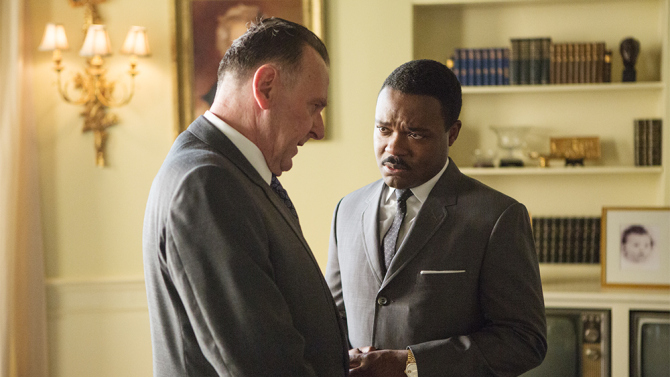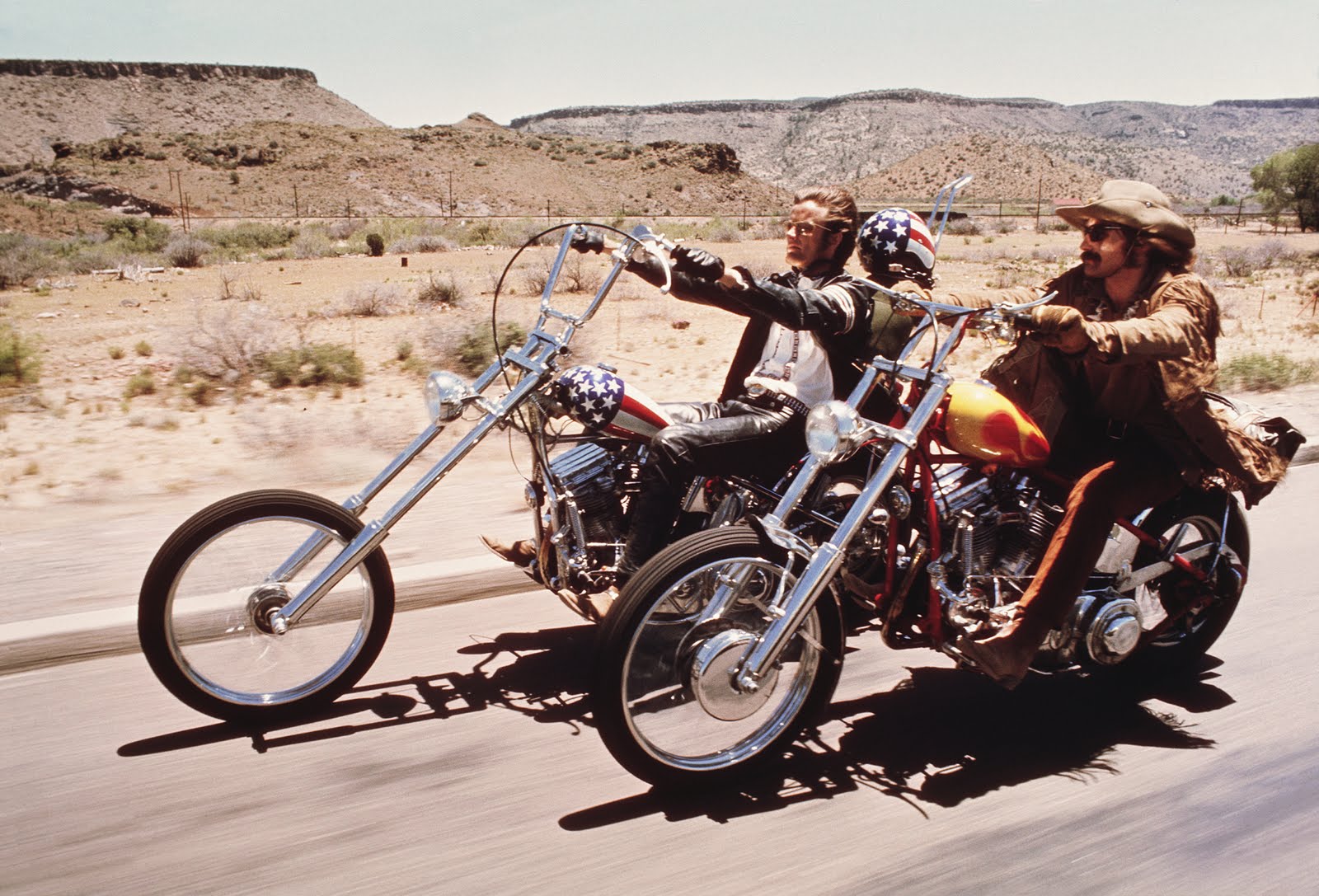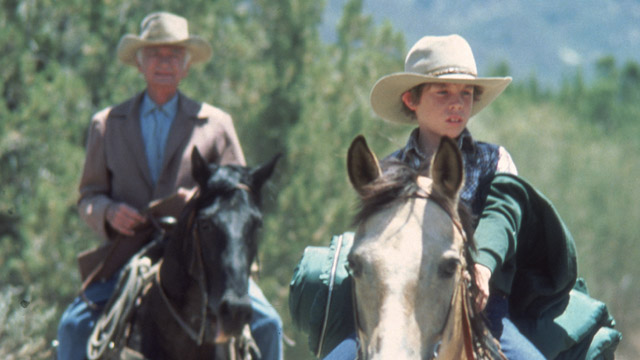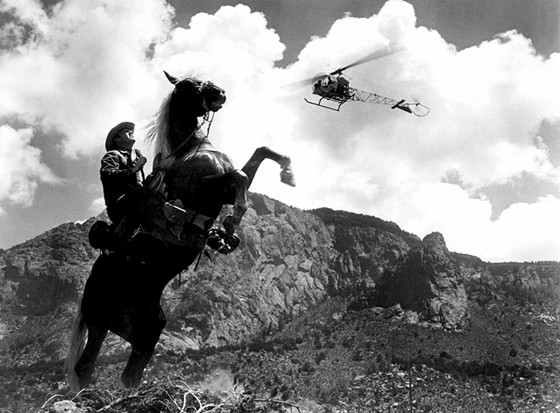One of the most influential American writers and philosophers, Henry David Thoreau is praised by activists, environmentalists, hippies, conservatives, and idealistic college freshmen alike.
Born in Concord, Massachusetts in 1817, Thoreau wrote extensively about the environment, the abolitionist movement, civil disobedience, government, and spirituality. He is also cited as one of the leaders of the Transcendentalist movement. His most famous works, Walden and Civil Disobedience, are considered to be some of the most influential American works of all time.
Thoreau’s writings about peaceful protest and politics have influenced countless leaders and thinkers around the world. His philosophy has inspired generations of thinkers to challenge the status quo and seek personal meaning.
1. Into the Wild (2007)
Based on the popular book of the same title by Jon Krakauer, Into the Wild chronicles the journey of Chris McCandless, a recent college graduate, as he abandons modern society and escapes to the wilderness of Alaska.
Disillusioned with the politics, conventions, and materialism of mainstream American society, McCandless travels from his home in Georgia to Alaska, working odd jobs, dodging police, and meeting many interesting characters along the way. He walks, hitchhikes, drives, and paddles across America, learning from and helping others along the way.
Directed by Sean Penn, the film has an all-star cast including Emile Hirsch, Jena Malone, Catherine Keener, Vince Vaughn, Kristen Stewart, Hal Holbrook, and Zach Galifianakis. With breathtaking cinematography and an original soundtrack by Eddie Vedder, Into the Wild is a film about wanderlust, truth, and the search for meaning. Raking in nominations for two Golden Globe and two Academy Awards, this film challenges viewers with difficult questions about life and spirituality.
Christopher McCandless, a fairly ascetic character in both real life and the film, was heavily influenced by the works of Thoreau and Jack London. Scarred by the dissolution of his family, McCandless rejected the corporate life his parents had set for him.
Like Thoreau, McCandless sought to find meaning in simple living. His Thoreauvian escape to nature was an attempt to find spiritual and personal meaning outside of the superficial, materialistic society into which he was born. He was attempting to escape the life of “quiet desperation” that Thoreau describes in Walden; a spiritually unfulfilling pursuit of material wealth. McCandless lived and died by Thoreau’s philosophies on nature and simple living.
2. Gandhi (1982)
Gandhi, the biographical masterpiece directed by Richard Attenborough, won a whopping eight Oscars and five Golden Globes. The film chronicles the life of one of the world’s most influential leaders and thinkers, Mohandas Gandhi, played by Ben Kingsley. The film traces the last fifty years of Gandhi’s life, from the early days of his legal practice in South Africa through his protests and anti-colonialist activities.
This epic depicts Gandhi’s successful struggle against the British Empire through civil disobedience and peaceful protest. On several occasions, Gandhi mentioned the profound influence Thoreau’s work had on him, particularly Civil Disobedience. Gandhi first read the while imprisoned in a South African jail.
Gandhi had been arrested for peacefully protesting discrimination and found the work extremely moving. Later in his life, Gandhi would write a summary of the , praising Thoreau as “one of the greatest and moral men America has produced.” Thoreau’s writings catalyzed Gandhi’s efforts and affirmed his belief in civil disobedience.
3. Selma (2014)
Selma tells the unforgettable story of Dr. Martin Luther King Jr.’s march from Selma to Montgomery as part of the Voting Rights Movement of 1965. Winning Oscars and Golden Globes, Selma features moving performances from David Oleyowo, Carmen Ejogo, Tom Wilkinson, and many others. The film depicts Dr. King’s unrelenting spirit and determination in the face of danger and government interference. Selma also shows the harrowing violence peaceful protesters endured in their fight for equal rights.
In Dr. King’s autobiography he describes reading Thoreau’s Civil Disobedience as a student at Morehouse College. Like Gandhi, King was inspired by Thoreau’s powerful message about the malignance of oppressive governments and the necessity to object them. He writes that he “became convinced that noncooperation with evil is as much a moral obligation as is cooperation with good…
The teachings of Thoreau came alive in our civil rights movement; indeed, they are more alive than ever before.” To King, civil disobedience was the best method of resistance against racism, as it demonstrated that individuals could choose not to cooperate with oppressive systems.
4. Easy Rider (1969)
Perhaps the most iconic film of the 1960’s, Easy Rider portrays the journey of two counterculture bikers across America. Friends Wyatt (Peter Fonda) and Billy (Dennis Hopper) ride their motorcycles from Los Angeles to New Orleans for Mardis Gras. Along the way, they meet a variety of unsavory characters including George (Jack Nicholson) an alcoholic lawyer, hippie farmers, violent hillbillies, and crooked cops.
The film contains several scenes that explore the philosophy and psyche of counterculture in the 1960’s, a movement Thoreau is partly credited for inspiring. Easy Rider is a period peace of the 1960’s, illustrating both its sunny, idealistic appearance and its sordid underbelly. The hippie commune that the duo visit was influenced by Thoreau’s insistence for a simple life in nature. They even explain in one scene that their self-sufficiency is to grow “simple food for our simple taste.”
In another scene, when camping with George, he explains that Americans value freedom but fear those who exhibit it. This argument relates to a quote from Thoreau’s journal: “Men talk of freedom! How many are free to think? Free from fear, from perturbation, from prejudice? Nine hundred and ninety-nine in a thousand are perfect slaves.”
George argues that Americans dogmatically defend their notion of individual freedom, yet they hate those who use their freedom to the fullest, such as Wyatt and Billy. This is demonstrated by the attacks from law enforcement and the hillbillies against them.
5. Upstream Color (2013)
The follow-up to Shane Carruth’s Primer, Upstream Color is a cerebral film about identity and the cycle of life. After being drugged with a psychotropic grub, Kris is forced by a Thief to rewrite the words of Thoreau’s Walden.
Under the influence of the grub, Kris follows the Thief’s instructions and gives him all of her money. She eventually has the grub removed from her body and placed into a pig. However, this procedure only complicates her situation, as she begins to share memories with a complete stranger.
One Vimeo user’s Thoreauvian analysis of Upstream Color gained significant popularity following its release. Many have speculated the importance of Thoreau’s work in the film. Kris is instructed to rewrite Walden as a distraction while the Thief robbed her. She also recites lines from Walden while ritualistically retrieving rocks from the bottom of a swimming pool, a possible re-enactment of a previous scene in the film.
Thoreau’s influence can be observed throughout in more subtle ways too: the self-reliance of the pig farm, the characters’ struggle to find personal meaning and fulfillment, and the exploration of social conditioning. Psychedelic and somber, Upstream Color is necessary viewing for fans and readers of Thoreau.
6. Fire on the Mountain (1981)
Considered by some to the Thoreau of the American West, Edward Abbey was an American author and environmentalist. Fire on the Mountain is a film adaption of Abbey’s novel of the same name.
John Vogelin is a New Mexico rancher whose land borders a US Air Force missile range. When the Air Force tries to acquire Vogelin’s land to expand their base, the rancher refuses to relinquish his property. With the help of his son, John resists the government agency trying to take his land.
Abbey has stated that Thoreau is one of his greatest influences, particularly with regards to the Transcendentalist’s works on civil disobedience, government, and nature.
In Civil Disobedience, Thoreau wrote of the dangers of powerful governments and civil liberty abuses, including the unlawful acquisition of property. Thoreau proposed that individuals resist government when civil rights and liberties are violated. Vogelin is a Thoreauvian hero in that he stands up to an aggressive government.
7. Lonely Are the Brave (1962)
Lonely Are the Brave is another film adaptation of an Edward Abbey novel. Jack Burns (Kirk Douglas) is a semi-nomadic ranch hand. He rejects modern society and technology, not possessing a draft card or even a driver’s license.
When he learns that his best friend, Paul Bondi, has been arrested for aiding undocumented immigrants, he assaults a police officer in order to be arrested. He goes to jail to help free his friend. Jack eventually escapes, despite Paul not cooperating, launching a massive manhunt.
Jack’s character is reminiscent of Thoreau’s support for limited government and individualism. In a telling scene, Jack explains that he would favor a society that does not restrict an individual’s actions. Further, the significance of Paul’s assistance to Mexican immigrants relates to Thoreau’s staunch opposition of the Mexican-American War. Though not necessarily a Pacifist, Thoreau believed the war to be unjust, as he feared it might expand the territory in which slavery was practiced.
